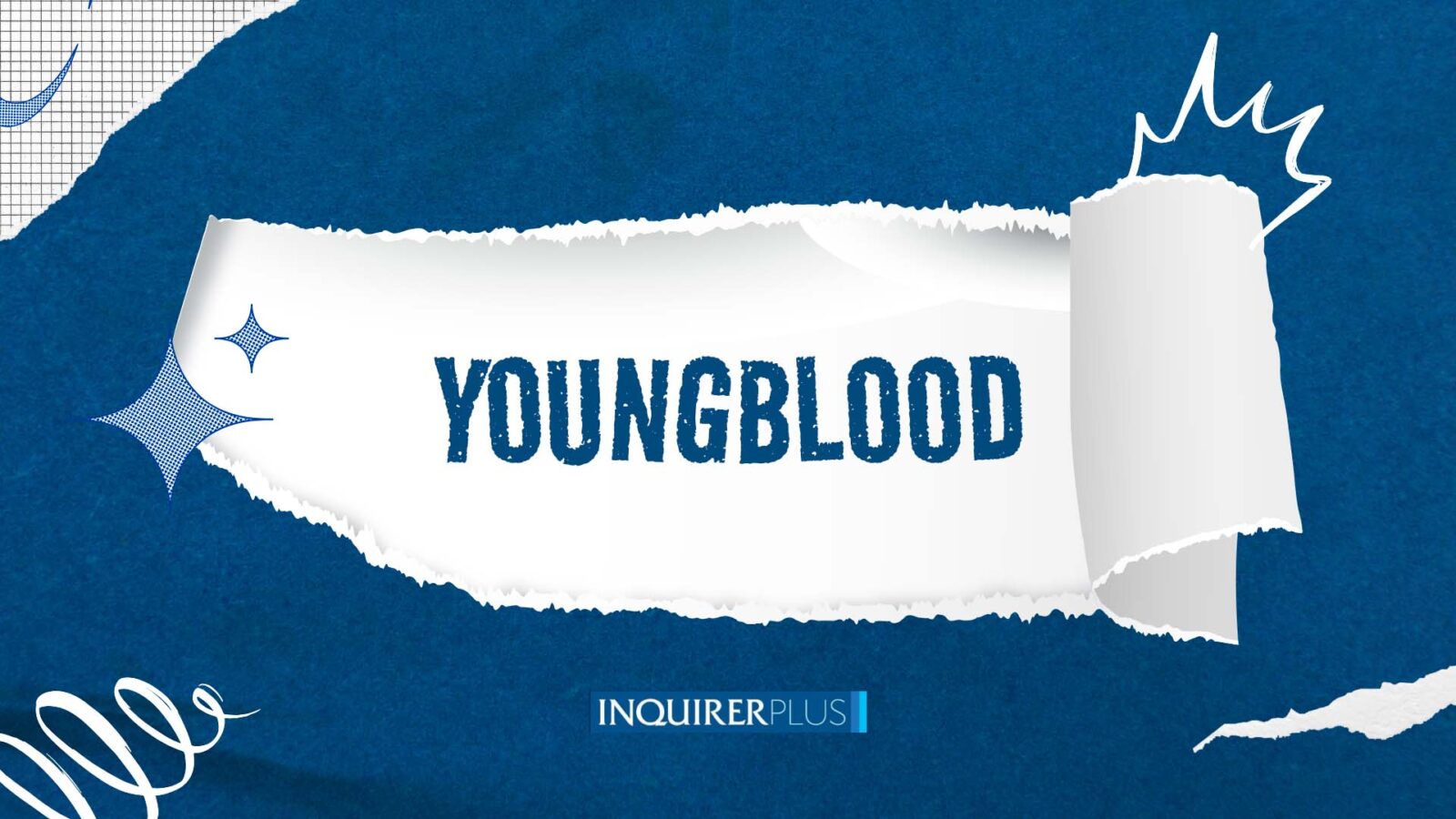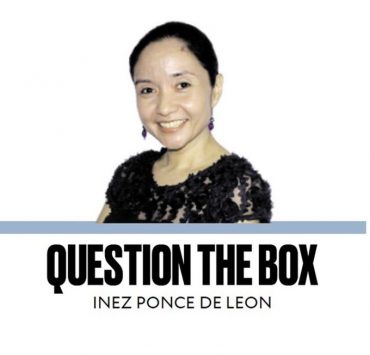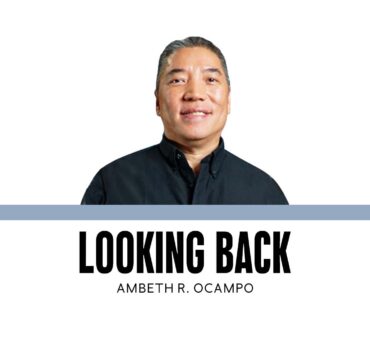My father: leader, farmer, advocate

The day I was born, my father rushed out to buy a newspaper, a tangible tribute of my arrival in the world—my umbilical cord clip and a newspaper.
Whether he envisioned me as a future writer or a well-read person as he was, I could not ascertain. What I do know now was that my father wanted that when I grow up, I would be able to read the events that transpired the day I was born.
I took it both as a gesture of hope and love.
My father passed away this April, seven years after the stroke which paralyzed his left body. Grief chiseled me painfully; it was his life that both comforted and anguished me.
Like most of his peers who were held back by poverty, my father did not have the opportunity to pursue higher education. He opted to work, juggled different kinds of physical labor, and eventually pushed his luck in Metro Manila. Despite not getting a college degree, he was widely read and self-taught in many subjects.
Over time, he became a labor union leader, well-versed with workers’ rights he consistently fought for and had always put emphasis on workplace safety. He said those in need would never learn about their dire circumstances and would just accept them, unless someone stepped up to inform and help them.
As a child, I took these lessons to heart. I looked up to my father, his resilience and grit despite the adversities and the lack of resources that did not fully nurture his potential. This, I have come to understand, mirrored the struggles of many Filipinos in unequal access to education and the exploitation of laborers who lack knowledge of their rights.
Our parents decided to raise us in the province after the factory they worked in Manila was forced to cease operations, unable to compete with cheaper foreign products. My father told me that the government failed to analyze the effect of allowing foreign products to compete with locally-produced ones. In the end, he said, the law which should have benefited Filipinos ended up with many factory closures.
In the province, I saw the version of my father as a farmer and a staunch advocate for the environment. In the Philippines, he noted, most authorities who are designated to understand agriculture and environment are in the confines of their offices. These people are detached from what farmers really need and do not understand the soil.
My father would bring me to the municipal library right after my classes in grade school. He read history books and newspapers while encouraging me to explore books I would be interested in. He would discuss history and social issues with me as if I were an adult, even though I did not, at the time, fully comprehend everything.
My father said that it is what we do with what we know that will matter in the end. The consumption of knowledge without a goal, he said, is just merely self-advancement.
When I was in high school, our conversations still revolved around social issues, history, agriculture, and environment, though the chasm between my father and my family became wider and the conversations became lesser and lesser.
In 2018, a stroke transformed my father to a person I could not recognize; personality changes, childlike and aggressive behavior came along with the stroke. I tried to rebuild our conversations, tried to joke around and banter using our father-daughter philosophies and how the world could not be changed abruptly (not much easier than my father envisioned it), but the emotional vacuum took up much space.
During those times, I grieved for the person that he was once and the person he could have been, with all the knowledge and empathy he has for the people. In a different circumstance of life, he could have been more a pillar of this country rather than those who just waltzed their way into the Senate through fame or political name.
After losing him first to his personal struggles, and then again to a stroke, I questioned if the knowledge he imparted had shaped me to become strong as well.
I tried to carry on, continued to study and became the third parent for our family. I pasted a sticky note on my table to remind me of those who wished to study but cannot: “You carry with you all the dreams of those who dare to hope, too.”
I remember the years my father made me read the news and understand the bigger picture of society. It was then that it hit me, my father’s hopes rested with me, too. The stories he shared with me meant to find a voice and a new vision.
In my father’s casket, I placed a newspaper dated the day he died. It was a gesture of love and farewell, an unspoken promise that my hope, like his, would endure. It was as if to say: I remember every lesson you taught me, and just as you did, I’ll continue to be a voice for those who cannot speak for themselves.
—————-
Nicole Tarubal, 29, is an educator and advocate for the environment. She also volunteers in instructing the youth in preparation for college, hones young journalists beyond competitions, and speaks in forums for the indigenous peoples’ rights.

















Why industrial revival fails without SMEs